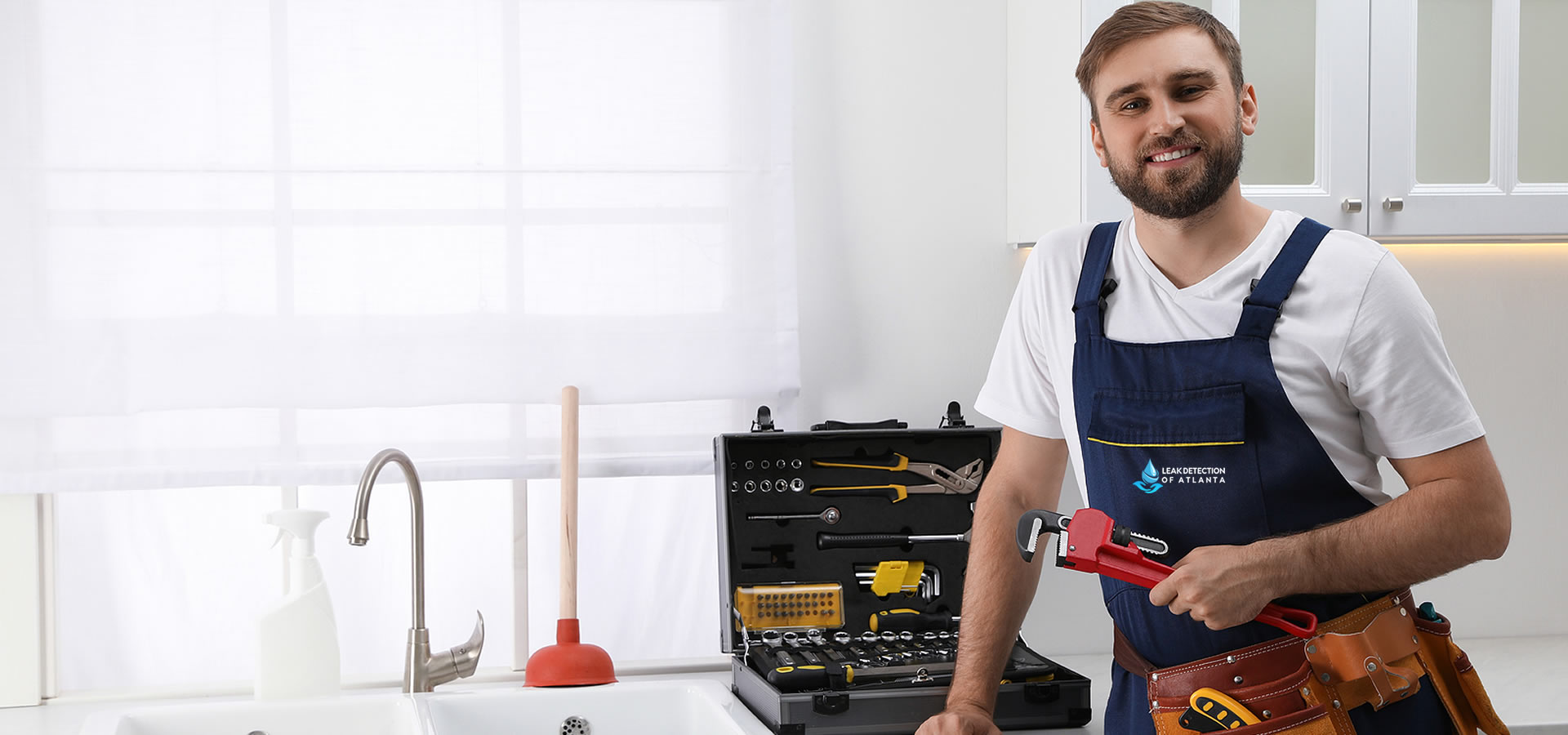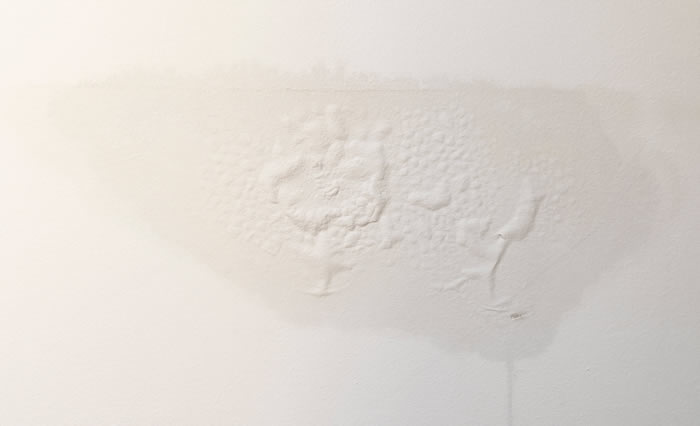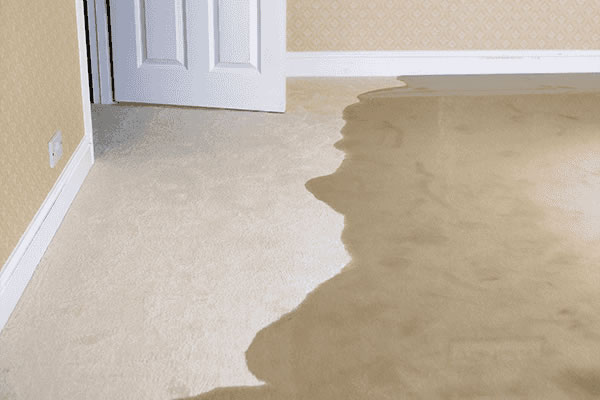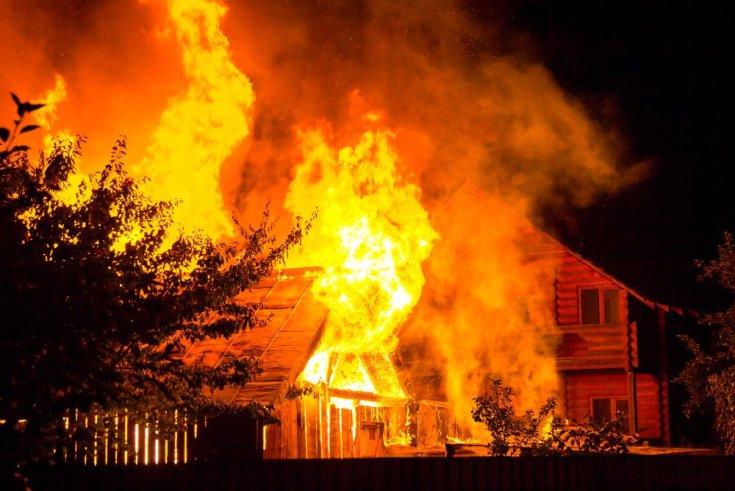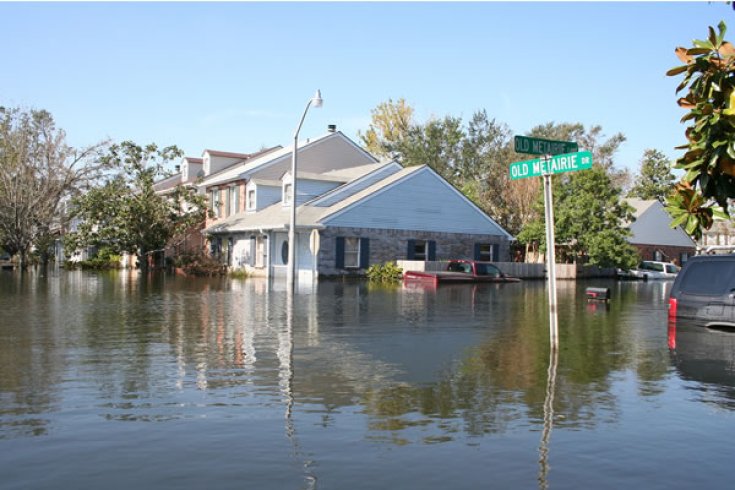Repairing Water-Damaged Drywall
One of the most difficult things to experience is water damage. The damage received from a disaster like this is horrible. As there is not much to do to stop this from happening, there are ways to repair the damage and move on stronger. Using these methods, you can prevent the growth of mold and restore the stained or water damaged drywall.
In this blog post, our professionals from Leak Detection of Atlanta will show you how water damaged drywall can be repaired.
The Causes
Every year thousands of people experience this disaster, but not all the same way. Water damage is capable of coming from multiple places. These ways can be from flooding, hurricanes, a pipe burst, a leak from the roof, or a sink overflow.
As drywall stays wet for a long period of time, it loses its structural base. If you ignore these damages, the consequences can be costly. Conditions like these are perfect for mold and spores to develop. It is easy to neglect this since the problem is not visible, but you need to get on it as soon as possible.
Drying Phase
Before any type of repair starts, the damaged areas must be dried and clear of debris. Drywall usually absorbs most of the water that it comes in contact with, so once the damage is done, you need to start the drying and repair process immediately.
The first step is to measure how wet your drywall is. This can normally be done with a moist meter. If the result comes in at one percent or higher, then that means the drywall is severely damaged. As the readings may not be in percentages, it can be in colors. So if the reading is outside of the green zone in the meter, then that is the same result as well.
The second step is using air ventilation. As you may not have access to professional tools, renting high-intensity fans can do the trick to ventilate the area.
The third step is to seal up the room completely. This includes taping your doorways and windows. As it sounds odd, this act helps the flow of air even more.
The last step is to turn your equipment on. When you have sealed the room, turning on the fans and dehumidifier is the next action. As the fans cause the air to move around, the dehumidifier removes the moisture in the air. This all together takes around 2-3 days to fully dry the room.
Repair Phase
As the drying phase is finished, your water damage restoration process can keep developing.
If the damaged area is too big or stained, then you can save yourself a long and costly repair by fully restoring the wall.
If the damaged area is small and compact, then there is a way to repair it. You can start off by cutting out the piece that is damaged.
After that is done, place a new patch of drywall into the cut area.
The next thing to do is add support to the new piece with patches around it.
After that, fill in the remaining gaps in between the drywall and new piece.
Finally use sandpaper to flatten out the area and paint it.
Need a Reliable Company?
Are you struggling with starting a water damage removal? Luckily, we at Leak Detection of Atlanta specialize in that area. Contact our representatives for more questions.

